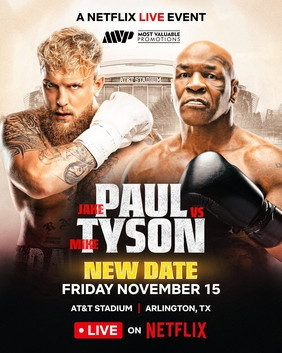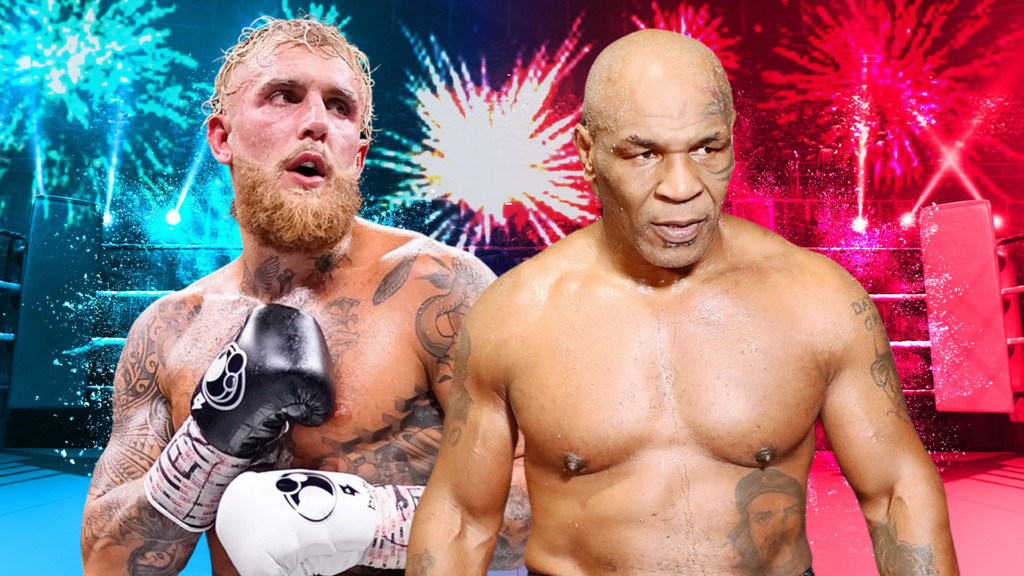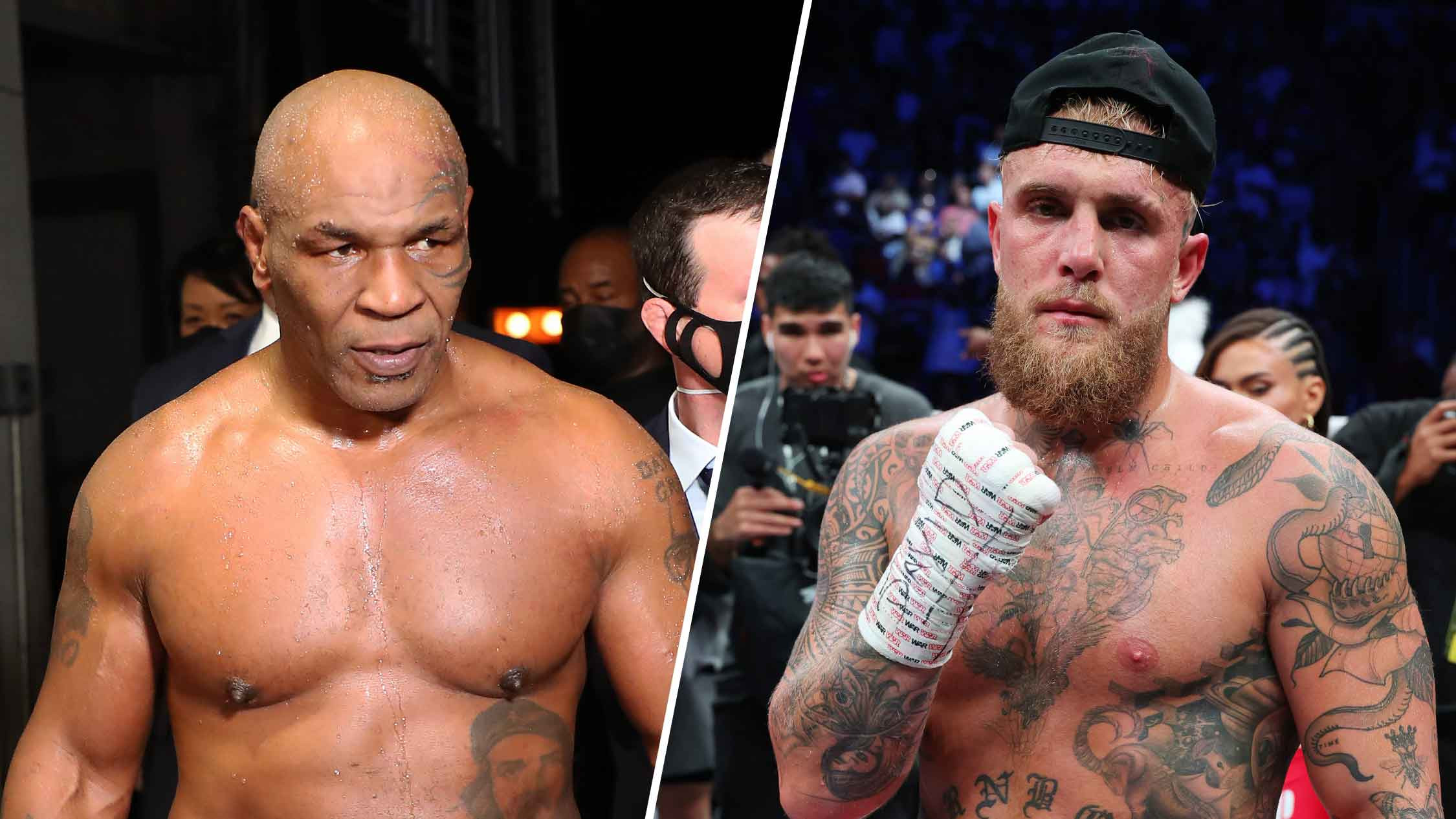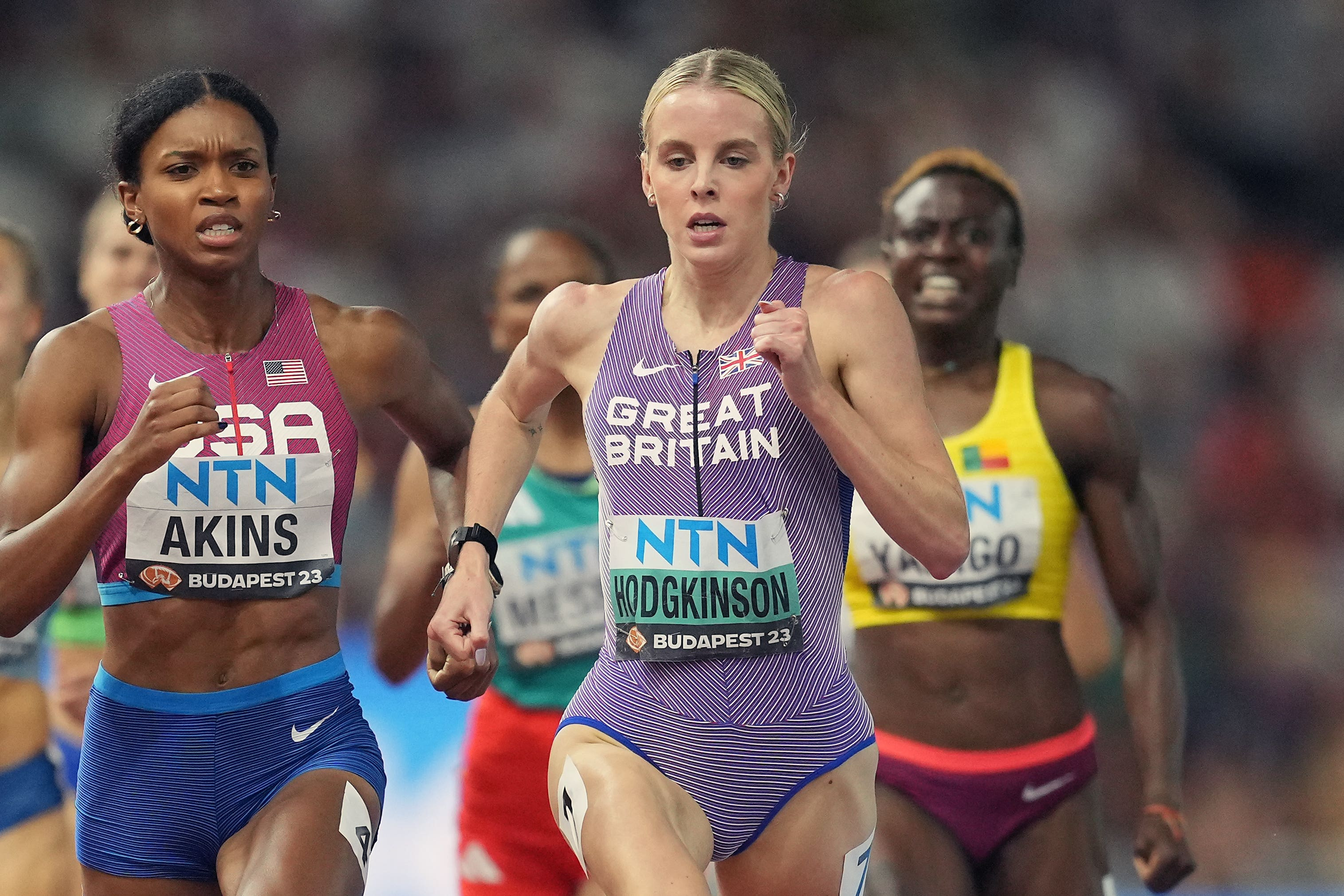The unexpected matchup is just the latest in the trend pitting internet celebrities against each other or boxers who have past their prime.
Mike Tyson, the 58-year-old former heavyweight champion who has recently recovered from a stomach ulcer, is set to face 27-year-old YouTuber-turned-boxer Jake Paul in a boxing match the AT&T Stadium in Arlington, Texas on Friday.
With an eye-watering $40m up for grabs in the fight’s “purse” and no title belts on the line, the showdown, which has been approved by the Texas Department of Licensing and Regulation, has drawn condemnation from the boxing community for being a product of celebrity culture that some see as devaluing the art of this sport.
The Rise of Celebrity Boxing
Friday’s match marks the latest in a string of recent unorthodox matchups involving celebrities and former professionals.
How did we get to a point when a former professional recovering from ill health will face off against a man 31 years his junior in a boxing ring — and potentially draw millions of viewers around the world?
The concept of a celebrity boxing match has been around for decades, but until recently, it had been limited to charity events and short-lived novelty TV shows.
The quality and intensity of these matches ranged wildly from an unexpectedly feisty matchup in 2002 between UK comedians Ricky Gervais and Bob Mortimer to a tepid but symbolic bout in 2015 between US Senator Mitt Romney and five-times world heavyweight champion Evander Holyfield.
In 2017, the then-UFC lightweight champion, Conor McGregor, broke with convention when he fought boxing champion Floyd Mayweather Jr in a crossover fight that was billed, “The Money Fight”.
Mayweather was guaranteed $100m and McGregor $30m for the fight. Non-disclosure agreements meant the final payouts have not been published, but reports from the fighters’ camps afterwards suggest the payouts were much higher than anticipated.
That same year, an amateur boxing event in London pitted YouTube influencers against each other with a headline fight between KSI – a 31-year-old British influencer and musician, and Joe Weller, 28, also a British influencer and musician.
That started a trend with Jake Paul, who made a name for himself by posting prank videos online, facing off against KSI the following year and then against Mayweather in a 2021 exhibition match.
Jake Paul has been clear about his priority – money.
“I’m here to make $40m and knock out a legend,” he told a news conference in August.
Friday’s match will be exclusively televised by the streaming service Netflix, a move that has hiked up payouts in the realm of blockbuster professional boxing matches.
It will certainly mark a considerable increase from Paul’s last fight against British boxer Tommy Fury in which, according to reports, Paul took home approximately $3.2m.
The Business Behind the Bout
“It’s his ego, nothing more, nothing less,” he said adamantly.
Tyson could find many other ways to make money, including using his fame to endorse products, indicating that the former boxer is driven by a desire to relive past glories, McKenzie said.
The fight had been originally scheduled for July 20, but it was pushed back after Tyson suffered a stomach ulcer flare-up.
This condition, coupled with his age, has McKenzie concerned that the former champion is putting his ego before his health, he said.
“What we’re looking at is an old, shock-worn warrior who, unfortunately, still wants to relive his past.
“I wish he could walk away from the sport with his head held high, but his ego won’t let him.”
In 2023, the trend of celebrity fighting reached new levels when Meta founder Mark Zuckerberg and Tesla founder and owner of social media platform X, Elon Musk, appeared to agree to a “cage fight”.
Musk took to his own platform to announce that, following conversations with Italy’s prime minister and culture minister, “they have agreed on an epic location”, adding, “everything in camera frame will be ancient Rome”.
Although the match never came to fruition, the episode demonstrated how popular the concept had become.
She said that the same drive – an intense will to succeed in the business world – lends itself to entering the same high-stakes, competitive world of combat sport.
In her book, Serious Money: Walking Plutocratic London, Knowles studied the behaviour of the super-rich in London.
She said that during her research, she found that activities most people would have considered hobbies would be taken much more seriously by those in the hyper-competitive world of multimillionaires and billionaires.
She recalled speaking with Russian oligarchs who were interested in mountain climbing, always “trying to push the limit” and competing to see who could reach the world’s highest peaks.
Knowles added that the hubris of being in a wealthy elite can make someone believe they can do anything, including stepping into an octagon cage or fighting a former professional boxer.
From a business perspective, McKenzie said, celebrity matchups garner both money and interest in boxing, but this has “devalued” the sport because the standards of the fighters do not “represent true boxing”.
It’s an opinion echoed by many in the boxing world.
“This is dangerous, irresponsible and, in my opinion, disrespectful to the sport of boxing,” Hearn added.
The Future of Boxing
McKenzie runs his own boxing gym and estimates that 80 percent of the men who sign up for it “would love to be Jake Paul”.
“Everybody that comes through my door thinks they can be a champion after three or four fights,” he said.
He added that Paul’s fast-track, “big-money” route to fighting belies the hard work and real-life mental and physical struggle that boxers have to put into their craft, however.
“The reality is to be a boxer, it takes a certain kind of mentality. I can remember getting up at five o’clock in the morning, going on a 16 kilometre (10 miles) run on an empty stomach, and then being in the gym at two o’clock,” he said.
There are multiple international sanctioning bodies in boxing, resulting in more than 100 titles being up for grabs and producing a convoluted array of multiple world champions in different weight categories.
There are four major organisations which sanction boxing matches: The World Boxing Association (WBA), the World Boxing Council (WBC), the International Boxing Federation (IBF) and the World Boxing Organisation (WBO).
However, for those with a passing interest in the sport, the system can appear confusing, and the importance of a single belt can become diluted with so many in the mix.
This confusion has boosted the appeal for some of one blockbuster, winner-takes-all matchup between two big names, experts said.
The celebrity boxing matches, which are not concerned with rankings or titles, only need to be sanctioned by the boxing commission of the governing body where the event is held – in Tyson vs Paul’s case, the Texas Department of Licensing and Regulation.
Although McKenzie said he sees the large number of titles up for grabs as a problem in boxing, he still sees social media as the ultimate driver behind this latest craze.
He doubts the fight would have ever been sanctioned before the age of social media – but now, the glamour and money it can bring to the sport have altered the landscape irreparably.
He fears that it will take someone like an ageing Tyson or an inexperienced Paul getting seriously hurt for the appeal of celebrity boxing to fade.
The fight will take place on Friday, November 15 with the event scheduled to begin at 7pm local time (01:00 GMT on November 16).



















